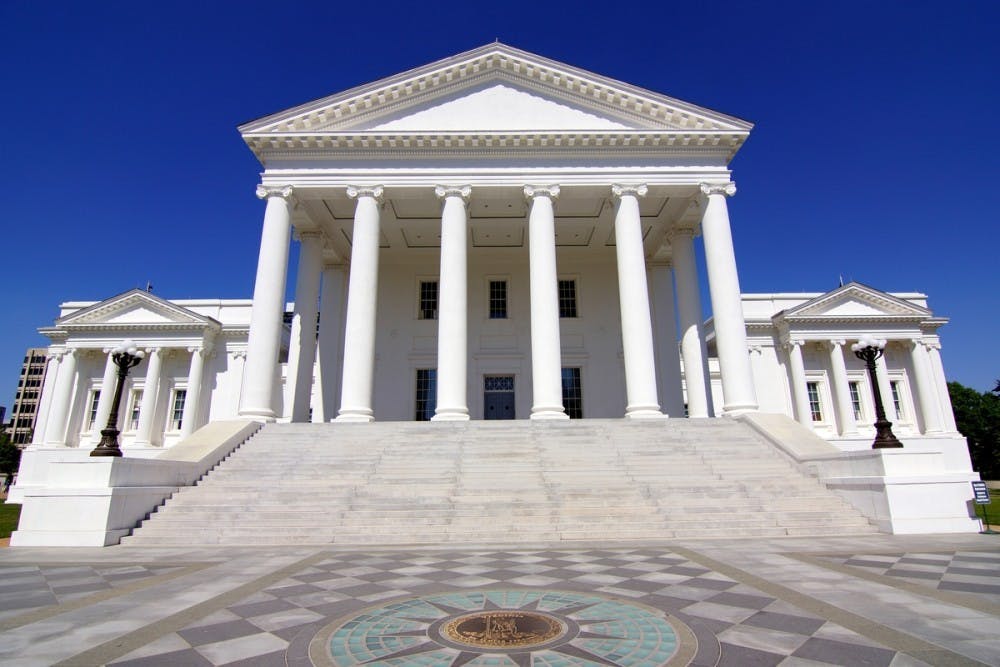Journalists have consistently faced the threat of censorship — a danger that has only become more evident in the last several years. The recent murder of Jamal Khashoggi at the hands of the Saudi Arabian government demonstrates the challenges facing journalists worldwide. While this is a particularly gruesome example, censorship at the university level is pervasive and underlooked. At many universities, student newspapers receive funding from their administrations, which gives those administrators control over the papers’ editorial content. This relationship often conflicts with papers’ responsibility to critically analyze all relevant aspects of their stories — a task that can reveal distasteful aspects of all universities involved. To preserve the historical record created through student journalism and in support of the continued wellbeing of higher education communities, the Virginia General Assembly must prohibit universities’ ability to censor student media.
Proposed by Del. Chris Hurst (D-Montgomery), House Bill 2382, also known as a “New Voices Bill,” states that student journalists in both public K-12 and public higher education have the right to uncensored free speech, except in certain libelous or illegal cases, regardless of the newspaper’s financial relationship with its institution. For newspapers that rely on their schools and universities for financial support, the enactment of this bill would bring safety to their currently volatile situations. Also, this sort of law would give student journalists the confidence to pursue stories that would otherwise lead to editorial or financial sanctions.
Bills similar to Hurst’s have become law in 14 U.S. states, according to the Student Press Law Center. California first passed its own New Voices law in 1977, and while it applies only to high school newspapers, the sentiments contained therein are similar to those contained in Hurst’s bill. Since California’s passing, laws of similar nature have passed around the country, and thus precedent exists for Hurst’s bill to come into law.
With the financial difficulties that currently plague print media, many student newspapers could not survive without funding from their universities. Unfortunately, this relationship can lead to editorial oversight by university administrators. For Virginia school media organizations that cannot exist without their institutions, the New Voices bill provides an avenue for the continued performance of students’ journalism responsibilities and administrative support of those efforts.
Although The Cavalier Daily has operated independent of the University administration since the late 1970s, administrative censorship is an ingrained aspect of its history. Following the paper’s standoff with University administration over an on-Grounds media oversight board — exactly the censorship targeted by the New Voices bill — The Cavalier Daily ceased to receive any funding from the University itself and has since remained financially and editorially independent. If the paper had accepted the oversight, groundbreaking journalism regarding the University community could have been quashed by the University administration. Student newspapers around the U.S. have experienced similar oversight issues, and it is vital that protections be put in place to prevent such censorship.
Student journalists make valuable contributions to the historic record of their university communities. In fact, many professional journalists rely on students for potential stories. In light of the vital role of student journalism, both within the higher education and national news environments, the Virginia General Assembly must take action to pass Hurst’s New Voices bill into law.
The Cavalier Daily Editorial Board is composed of the executive editor, the editor in chief and three at-large members of the paper. The board can be reached at eb@cavalierdaily.com.







